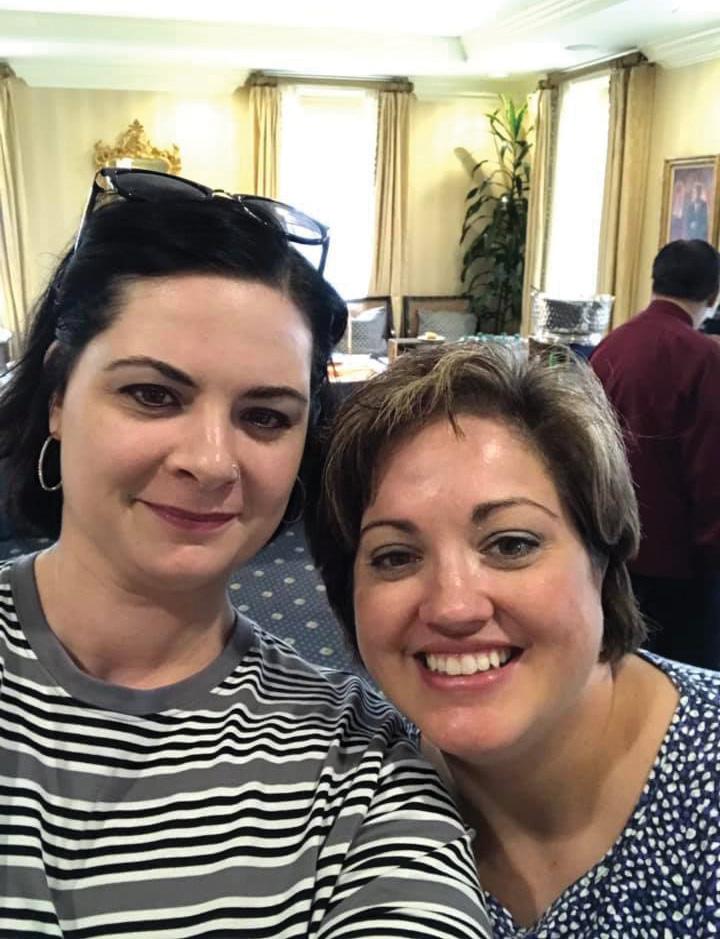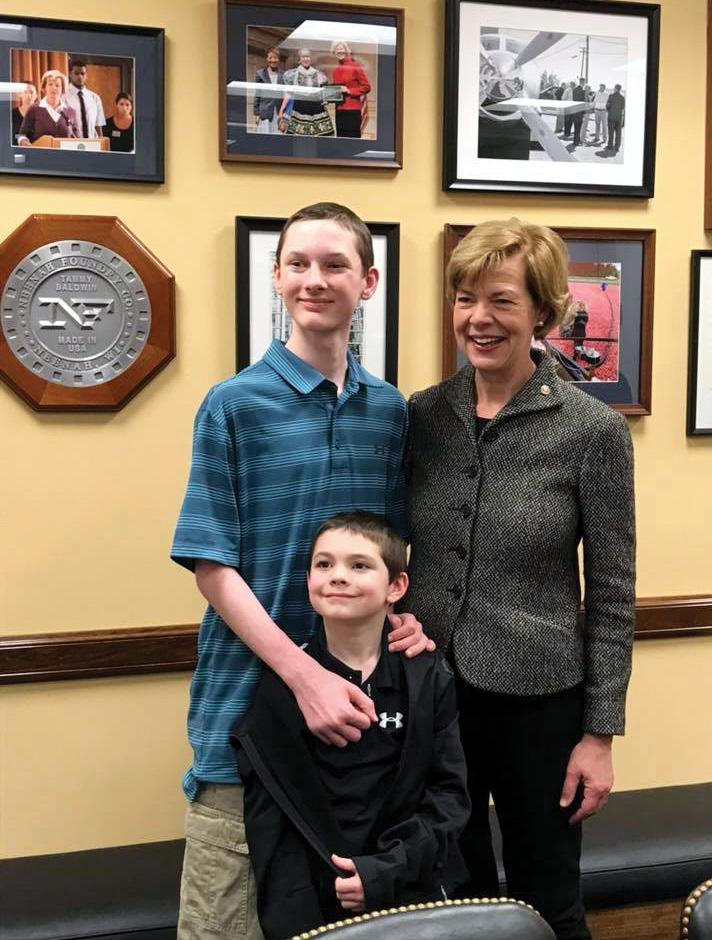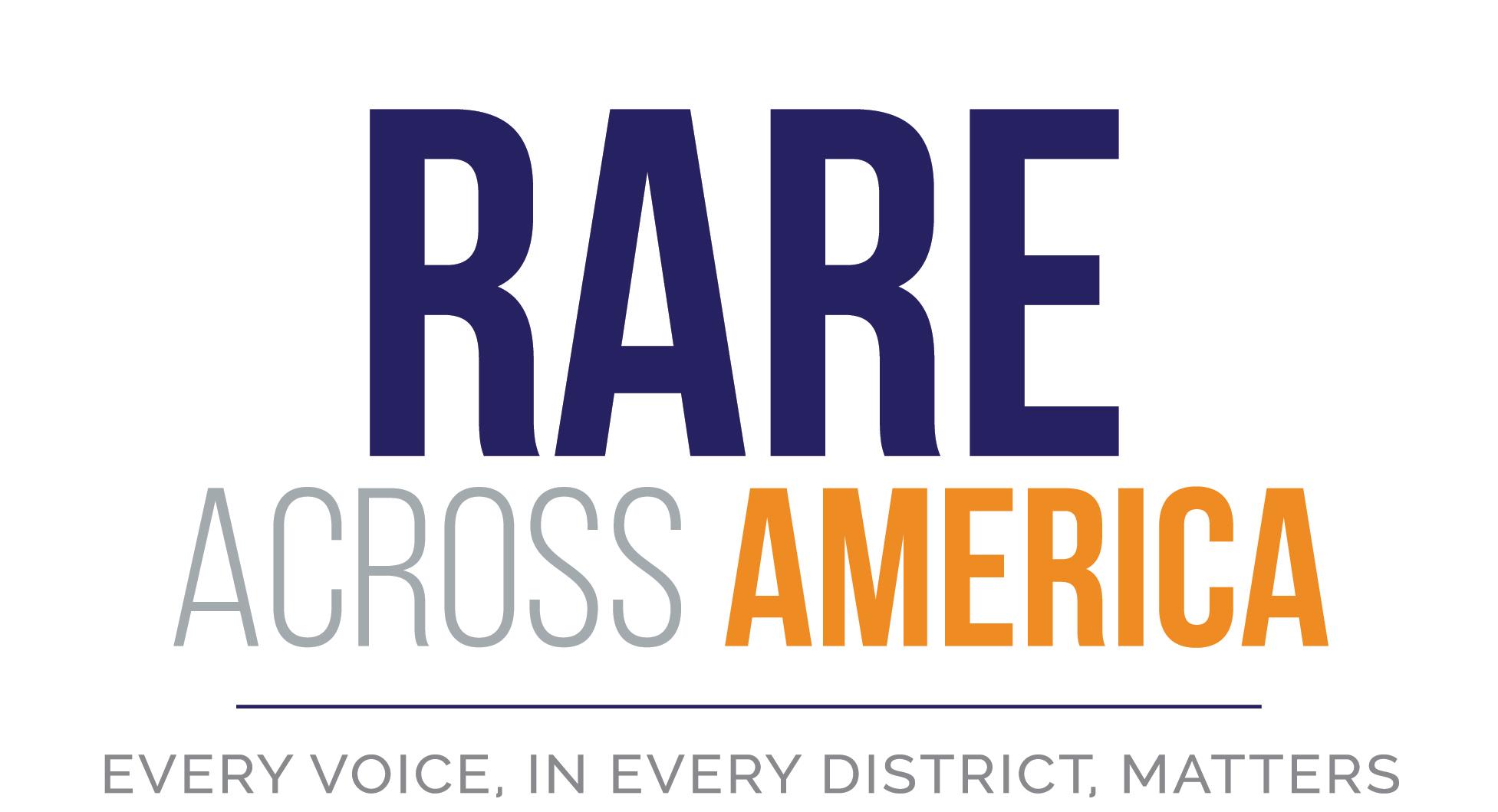
3 minute read
Ensuring Lasting Smiles Act THE IMPORTANCE OF ADVOCACY
Far too often, patients experience issues in obtaining insurance coverage for medically necessary treatments and procedures. These coverage issues can often be ongoing and take months or years to determine whether or not a claim will be covered. The appeals and denials process can also be very frustrating and take a considerable amount of time to navigate. After experiencing issues with insurance coverage, many patients often reach out to their legislators to ask for help to resolve their issue. There are also patient advocates who travel to Capitol Hill to advocate for change and legislation that will help their communities.
These patient advocates play an important role and have the potential to influence decision making and help draft legislative policies on Capitol Hill. A little over four years ago—after experiencing years of frustration from going through the appeals and denials process several times and fighting for insurance coverage—my family joined other patient advocates on Capitol Hill. We traveled to Rare Disease Week in Washington, D.C., where my son Aidan, who has a rare disease called Ectodermal Dysplasias, shared his personal story. He explained our insurance struggles to obtain coverage to repair his congenital anomaly that requires complex dental and oral procedures. After Aidan shared his story, Senator Tammy Baldwin (D-WI) was inspired to write legislation, which Aidan had the privilege of naming: the Ensuring Lasting Smiles Act (ELSA).
Advertisement
ELSA (S.560/H.R.1379) would require all private insurance group and individual health care plans to provide coverage for any medically necessary services and/or treatments needed to repair any congenital anomaly. That coverage would include services and procedures for any missing or abnormal body part necessary to achieve normal body function, as well as dental and oral services related to the repair of the congenital anomaly.


Since its reintroduction on February 26, 2019, ELSA has garnered strong bipartisan support in both the U.S. House of Representatives and the U.S. Senate. As of March 19, 2020, ELSA has 301 co-sponsors in the U.S. House of Representatives and 40 U.S. Senate co-sponsors. From the beginning, the National Foundation for Ectodermal Dysplasias (NFED) has been leading grassroot efforts to raise awareness and educate members of Congress on the need for ELSA. This important, common sense legislation has not only caught the attention of members of Congress but has also garnered the support of nearly 50 professional organizations and patient groups, including the IPPF. ELSA has the potential to help individuals born with all congenital anomalies.
The NFED, along with the other organizations supporting ELSA, continues to lead the efforts to see that this bill is passed by the end of the 116th Congress this year. ELSA has hit many important milestones along its advocacy journey. The Subcommittee on Health of the Committee on Energy and Commerce held a legislative hearing on Wednesday, January 8, 2020, and included ELSA on the hearing agenda. The Subcommittee on Health, Employment, Labor, and Pensions of the Education and Labor Committee held a hearing on January 28, 2020, and also included ELSA on the agenda. Just a few weeks ago on March 11, 2020, the Subcommittee on Health of the Committee on Energy and Commerce met in an open markup session and included ELSA in the markup session. It was voted through subcommittee and will now go to full committee markup.
This legislation is a true example of the power of patient advocacy and the reason why patients need to share their unique and powerful patient stories with their legislators. It only takes one advocate to raise awareness and start an initiative that has the ability to change lives across our country. While many of you may not be able to travel to Capitol Hill, you can advocate from home. Whether you are advocating for ELSA or another piece of important legislation that can help you and your community, it is important to share your story and speak from your heart. Your legislators need to be aware of your struggles and how they can help. In the upcoming weeks, take a few minutes to contact your legislators, share your story, and explain how they can help you and your family. Let’s raise our voices together and fight for change in our communities. It only takes one advocate to raise awareness and start an initiative that has the ability to change lives across our country.
Becky M. Abbott, MPH, is the Manager of Treatment and Research for the National Foundation for Ectodermal Dysplasias & Co-Chair of the NFED Family-Driven Advocacy Committee. She lives in Wisconsin with her husband, Det. Thomas Abbott, and their two children, Aidan (who is affected by x-linked hypohidrotic ectodermal dysplasia) and Ryder.









